Teaching Guide & Modules
This page includes educational to support community-based discussions and university-level curriculum.
With the goal of helping instructors, students, and community members to enjoy deeper engagement with Code of the Freaks, this curriculum offers framing and contextualizing readings as well as companion reading and viewing materials. Included as well are some suggested experiential learning activities, which could be taken up as assignments in the classroom setting.
Discussion Guide for a 2-hour Screening Event
By Carrie Sandahl
Journal of Cinema and Media Studies
Module 1: Contexts, Concepts, Methods
BY THEODORA DANYLEVICH
We begin with materials that articulate political, economic, and cultural stakes and contexts in relation to the emergence of the cinematic medium –the “moving image.” This module also historicizes disability identity politics in relation to the turn of the twentieth century, when the medium of film emerges. Within this first module, we also include scholarly materials that engage with the question of spectatorship and counter-hegemonic interpretations to facilitate analytical discussions informed by and alongside historical and political contexts.
Module 2: Political Economy and Genre
BY THEODORA DANYLEVICH
Module 2 looks into considerations of labor, particularly the fraught intersections of disabled people and employment in the performance industry, and into the political economy of movie-making more broadly. This module also dives into documentary filmmaking as a specific genre and mode of critique (in the vein of Code of the Freaks).
Module 3: Access Hacks
BY THEODORA DANYLEVICH
Module 3 offers the opportunity to learn about and engage in access work. Reaching beyond the presumptive sensory determinism (audio-visual) of films as we know them now, this module explores the varied world of accessibility “hacks” in creative media projects as well as day-to-day accessibility hacks.




